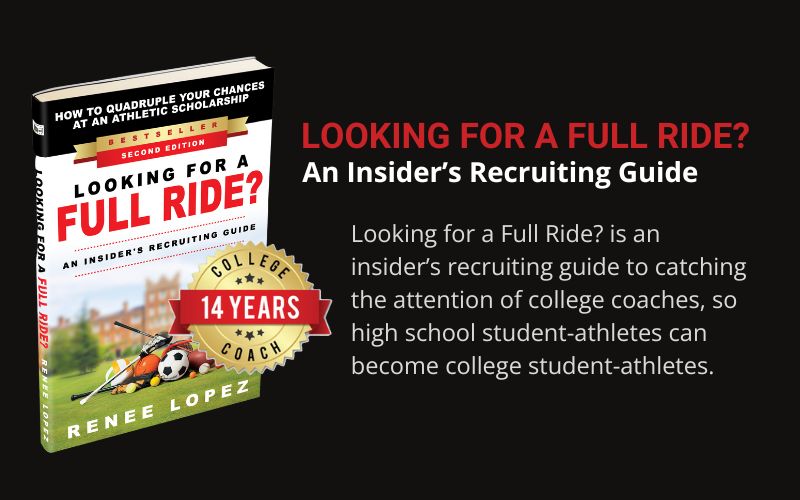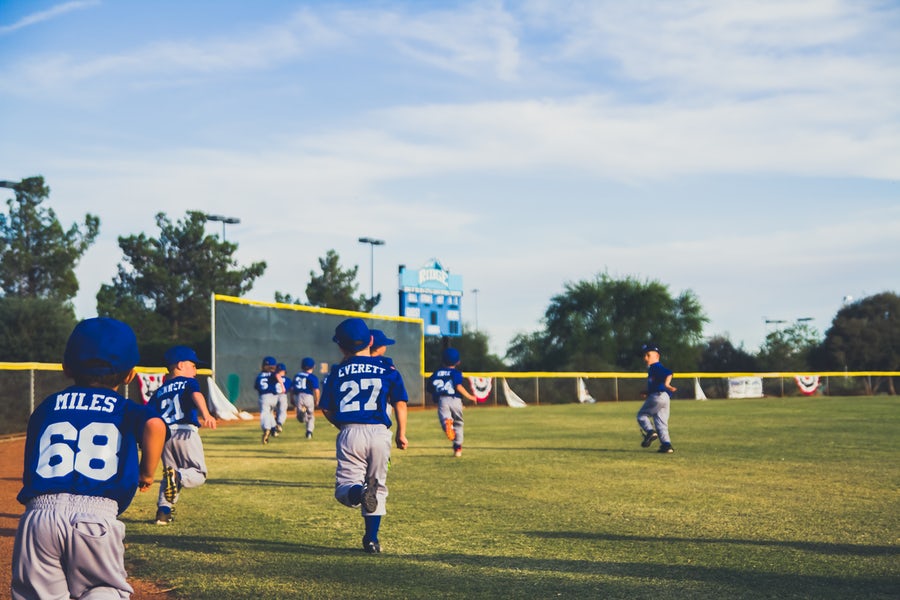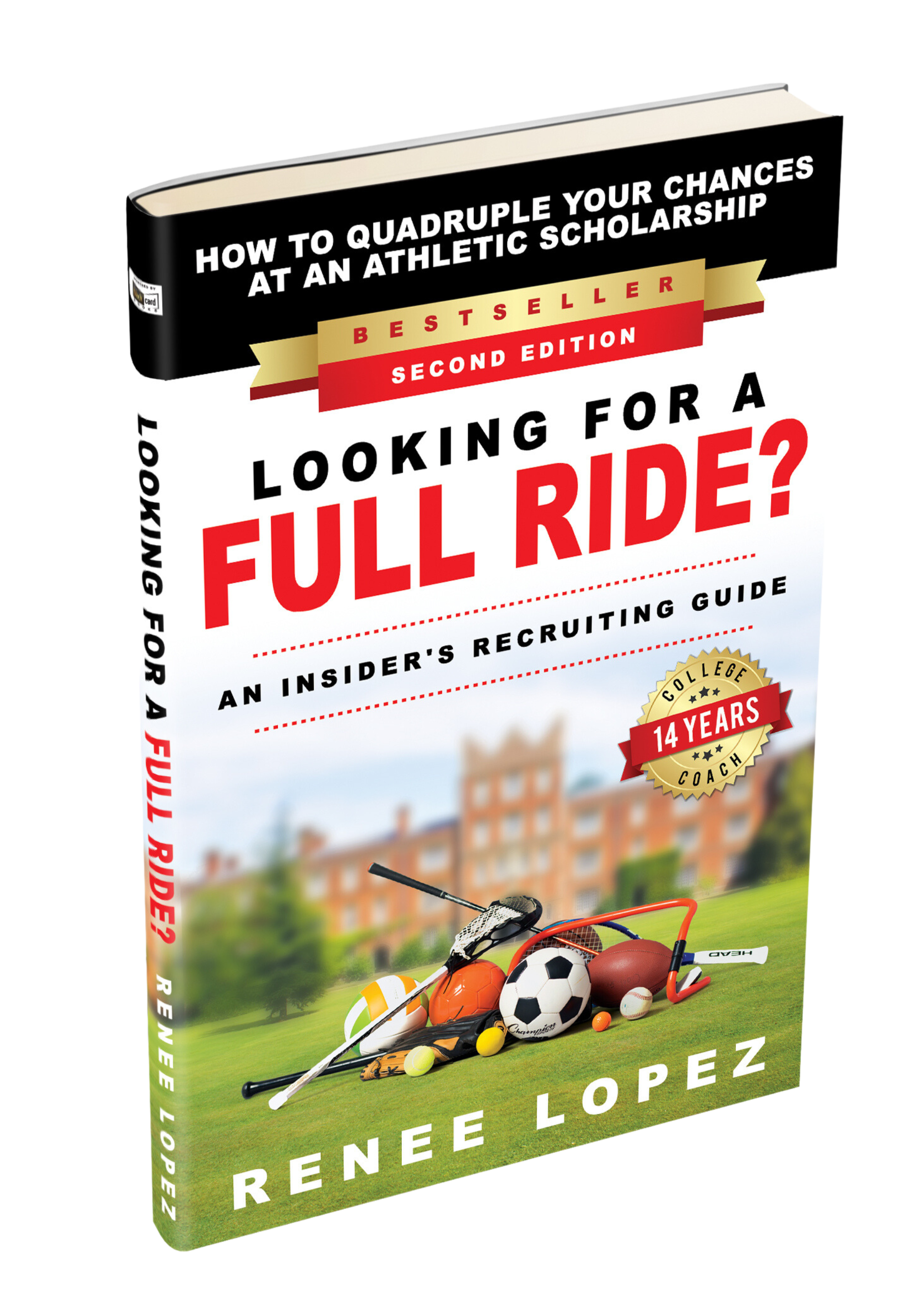A Veteran College Coach Weighs In
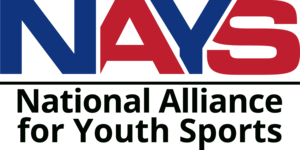 Over the past 2 years, I have had quite a bit of interaction with the National Alliance for Youth Sports (NAYS). Last year, I met many of their staff at an athletic conference, and I also took two of their FREE online courses for professional development in Anti-Bullying in Sports and Concussion Protocol Training. (I was also featured in their coaching education program a few weeks back, Sporting Kids Live).
Over the past 2 years, I have had quite a bit of interaction with the National Alliance for Youth Sports (NAYS). Last year, I met many of their staff at an athletic conference, and I also took two of their FREE online courses for professional development in Anti-Bullying in Sports and Concussion Protocol Training. (I was also featured in their coaching education program a few weeks back, Sporting Kids Live).
A few weeks ago, I was speaking with a veteran youth coach who was looking for an Anti-Bullying program. I went on the NAYS website (www.nays.org) to send this coaching friend the free training link and saw their mission listed:
“To educate, equip and empower youth sports leaders, volunteers and parents so all children can enjoy the lifelong benefits of sports.”
Then I saw their motto:
Better sports for kids, better kids for life.
This started me thinking…
- Are we using youth sports as the means to help children to experience and enjoy the lifelong benefits of sports?
- Or are we dangling the carrot of an athletic scholarship to continue playing their sport in college?
- And if only a small percentage of student-athletes move on to play in college, what message are we sending to our youth if this is the only way they can achieve “success” in sports?
I have sat on the sideline of way too many youth games to count over my 20+ years being a coach. I have witnessed dozens of overzealous parents focused on which college coach was watching while their child made an important play. I have seen some naive families sign up for expensive recruiting services who promise to get their kid an athletic scholarship, later to find out they could have done the process on their own with some basic direction spending a tenth of the money they thought they were ‘investing in their future’.
Even more depressing, I have seen student-athletes feel the pressure to continue playing in college because their parents wanted them to keep playing. However, the most devastating for me to watch, was seeing a student-athlete take a scholarship offer for a school that was not a good fit for them academically, just because they were given athletic aid!
Having been a college coach for 14 years at the NCAA Division I, II, and NAIA levels and NCAA Compliance Director, I know many would say my view, and many other college coaches, could be slightly jaded related to youth sports. However, I have also served in many youth training capacities in everything from being a Director of Coaching for a youth club, a high school Varsity Head Coach, an Athletic Director of a church sports program, and even a Sports Director at a Girl Scout camp a couple of summers in college.
I say all of this, as I want to acknowledge some of my own personal biases, but I want to help us all to keep our perspective regarding the purpose of athletics:
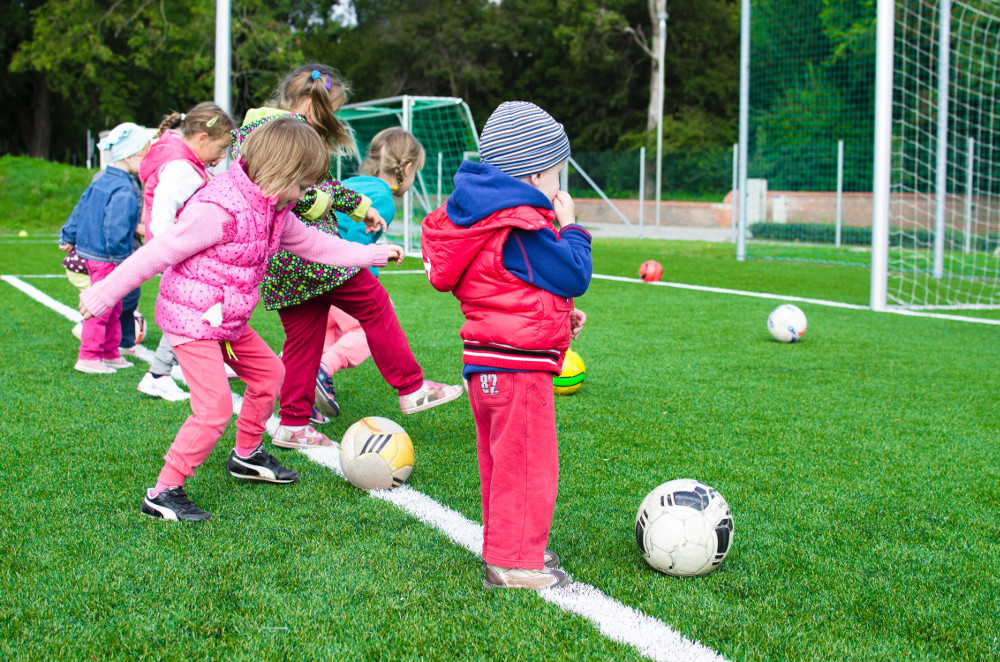 What if we really focused on using youth sports to develop lifelong exercise habits and teach character through setbacks, sportsmanship, teamwork, goal-setting and call me crazy, fun? Then, as they grow and develop, see if they want to pursue something at the next level, instead of using the athletic scholarship or roster spot to define “success”.
What if we really focused on using youth sports to develop lifelong exercise habits and teach character through setbacks, sportsmanship, teamwork, goal-setting and call me crazy, fun? Then, as they grow and develop, see if they want to pursue something at the next level, instead of using the athletic scholarship or roster spot to define “success”.
In late April, the NCAA and specific coaching organizations took some major steps to slow down the recruiting process from starting in some sports with getting 6th, 7th, and 8th graders committed to moving athletic recruiting communication opportunities to being more focused on later in high school. Over the past month, I have spoken with numerous current and former college coaches who were jumping for joy with these legislative shifts in some sports (and many praying the other sports will follow their lead!).
Most college coaches spoke of three concerns with early recruiting:
1. Readiness to Make a Major Life Decision
The first, is probably quite obvious: What 7th grader is really capable of making that major of a decision in their limited view of the world? How can a kid really know they want to go pre-med at a prestigious college and continue playing, when they haven’t even taken biology, chemistry, or anatomy while balancing being a high school/club student-athlete?
2. Sacrificing Continued Development
The second concern was voiced by many of my college coaching colleagues in softball, lacrosse, and soccer, who have seen the consequences of early recruiting happening over the past 5-10 years. Those athletes who commit early, often do not continue developing at the same rate as those who have not committed. They have ‘arrived’ by what has been defined as ‘success’ in youth sports. While this can obviously not be a blanket statement for every student-athlete that commits very early, but it is a pattern many college coaches were willingly ready to offer a list of recruiting testimonials from the past few years.
3. Transfer Rates
The third concern is continued to be supported by the NCAA and NAIA reports. Transfer rates are increasing at an alarming rate. When a youth sports program puts the focus on receiving an athletic scholarship offer and committing, the family feels pressure to take the offer even if it’s not the right fit for them academically, geographically, athletically, or socially.
So Coach Renee, what are your proposals to solve this crazy epidemic?
1. Keep Perspective
 Let’s encourage our kids to use sports as something to learn skills that will help them in all areas of their life such as teamwork, building confidence, setting and achieving goals, developing respect for coaches (even if they do not like their actions just as they would have to for a boss they do not like), and overcoming challenging situations. Then, if they are still passionate for the sport to explore possible opportunities at the next level, they focus on the right characteristics of choosing a college and making sure you pass “The Broken Leg Test” before signing with a college. Encourage student-athletes to do an unofficial campus visit to explore the college is a right fit for them overall.
Let’s encourage our kids to use sports as something to learn skills that will help them in all areas of their life such as teamwork, building confidence, setting and achieving goals, developing respect for coaches (even if they do not like their actions just as they would have to for a boss they do not like), and overcoming challenging situations. Then, if they are still passionate for the sport to explore possible opportunities at the next level, they focus on the right characteristics of choosing a college and making sure you pass “The Broken Leg Test” before signing with a college. Encourage student-athletes to do an unofficial campus visit to explore the college is a right fit for them overall.
2. Continued Support for Recruiting Legislation
This new movement started with a few lacrosse coaches trying to make some changes in their sport. Now NCAA DI volleyball and softball are following the trend with many others in conversations of making bigger changes in the next few months. Please support this legislation to go across not just multiple sports in the NCAA, but to also be adopted across other levels of the NCAA and the other governing bodies such as the NJCAA, NAIA, and NCCAA.
3. Education
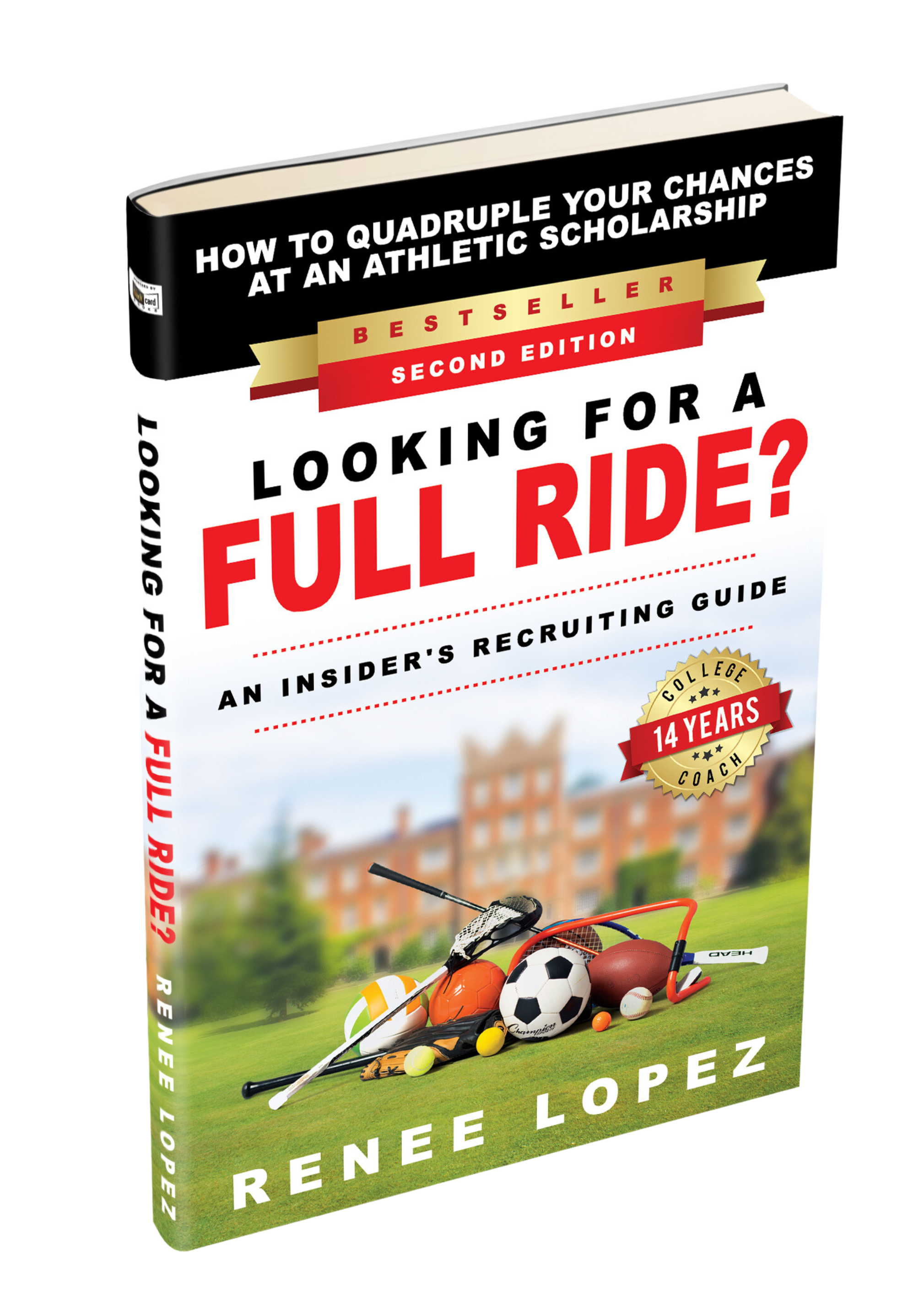 I believe knowledge is power. I have spent the past 2.5 years interviewing 65 college coaches and athletic directors across the US in preparation for my book, Looking For A FULL RIDE?: An Insider’s Recruiting Guide. Now, my passion is serving as a Recruiting Educator and Consultant (Purposely, NOT a Recruiting Service!) to help families better understand the process. I teach families about the recruiting process versus doing it for them, which college coaches love!
I believe knowledge is power. I have spent the past 2.5 years interviewing 65 college coaches and athletic directors across the US in preparation for my book, Looking For A FULL RIDE?: An Insider’s Recruiting Guide. Now, my passion is serving as a Recruiting Educator and Consultant (Purposely, NOT a Recruiting Service!) to help families better understand the process. I teach families about the recruiting process versus doing it for them, which college coaches love!
Want some help with the college recruiting process? I do group seminars, webinars, individual family consulting, these FREE blogs throughout www.rlopezcoaching.com, FREE podcasts such as on The Parenting Aces, and running our 8 FREE Facebook groups (see the links at the bottom of this blog).
See Part 2, as we do an interview with the Executive Director of the National Alliance for Youth Sports, John Engh, to get his perspective of college recruiting and the role of youth sports!
Want some help with the recruiting process? Join some of our 9 Facebook Groups:
- Parents of High School Student Athletes Walking Through The Process (All Sports)
- Beyond Xs & Os 4 HS Athletes: Health, Recruiting, Team Building, Mental Training (All Sports)
- Athletic Recruiting Education for Principals, AD's, and Counselors (All Sports)
- Club/HS Coaches Learning College Recruiting Process (All Sports)
- Play College Soccer (Soccer Specifically)
- College Recruiting for GK's (Soccer Specifically)
- Positive Team Building for Pro, College, HS, and Youth Coaches (All Sports)
- Mindset & Leadership Lessons for Athletes, Coaches/Teachers, & Business Leaders (All Sports & Business Leaders)
- Christian Competitors (Coaches & Athletes Serving Christ @Field/Court/Gym) (Sports Ministry for All)
Would you like her to do individual consulting with your family to get an insider’s perspective?
Email info@lookingforafullride.com for more details.
Did you know Coach Renee Lopez can come to your school or sports organization?
Email info@lookingforafullride.com for more details.
Coach Renee Lopez
As a 17 year coaching veteran, Coach Renee Lopez is a recruiting expert for high school student-athletes. She uses her NCAA Division I, II, and NAIA Head Coaching experience to help families navigate the recruiting process to be identified by college coaches and help them find the right “fit” for playing at the next level. She has produced 3 All-Americans, over 30 All-Conference athletes and Her teams have been honored with awards for team academic accomplishments, sportsmanship, and sports ministry. In addition, Coach Renee Lopez has been named Coach of the Year by her peers.
She presents recruiting seminars across the country, has recently been featured in USA Weekly, with the National Alliance for Youth Sports, on SiriusXM Radio and ESPN Radio. She is the author of the book, Looking For A FULL RIDE?: An Insider’s Recruiting Guide where she has interviewed over 65 college recruiters across all sports and college levels. In addition, she runs 9 Facebook groups to help facilitate conversations on college recruiting education, coaching education, leadership development, and sports ministry. She is also a certified speaker, trainer and coach for the John Maxwell Team, Jon Gordon Company, 3Dimensional Coaching, and the Positive Coaching Alliance.
She also does private consulting for student-athletes and their families to help in understanding the often daunting process of recruiting. (See one family’s testimonial.) If you are looking for help in the college recruiting process, please email Coach Renee Lopez at info@lookingforafullride.com.
